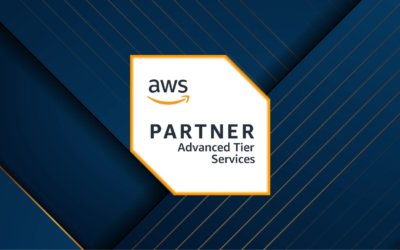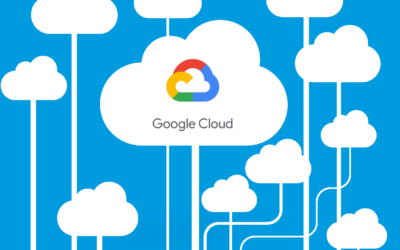Effective cloud cost management has become critical as businesses increasingly shift their operations to the cloud. Cloud services offer significant operational advantages, including flexibility and scalability. However, costs can spiral out of control without strategic planning and monitoring.
In this MakeCloud insight series, we explore the essential strategies for successful cloud cost management to help your business harness the full potential of the cloud while keeping costs down.
Strategies for cloud cost management

1. Set Clear Objectives and Budget
The first step to successful cloud cost management is to define clear objectives for your cloud usage and establish a budget. Understanding and aligning your business goals with your cloud strategy will help you prioritise spending on essential services.
Reviewing your budget and adjusting accordingly based on actual usage and evolving business needs is recommended.
2. Leverage Cost Management Tools
Cloud providers like AWS, Google Cloud, and Azure offer built-in cost management tools. You should utilise these tools to monitor and analyse your spending. Alternatively, this activity can be outsourced to a cloud consultancy, like MakeCloud, which can help you monitor and keep track of cloud costs to ensure they stay within your budget.
Features such as cost allocation tags, budget alerts, and detailed billing reports can provide valuable insights and help you identify areas for cost optimisation.
3. Implement Resource Tagging
Tagging resources is crucial for effective cost tracking and management. You can identify and allocate costs by assigning tags to your cloud resources (e.g., by department, project, or environment). This best practice simplifies billing and enhances accountability and transparency across your organisation.
4. Optimise Resource Usage
Optimising resource usage is one of the most effective ways to manage cloud costs. Regularly audit your cloud environment to identify and eliminate unused or underutilised resources. Consider implementing auto-scaling to adjust resources based on real-time needs.
5. Use “Serverless” services
The technical architecture of your workloads and the cloud services you select significantly drive your ongoing costs. Generally, any service that is “always on”, such as EC2 or RDS in AWS or Compute Engine and Cloud SQL in Google Cloud, can be more expensive to run than a “pay per request” service such as AWS Lambda or Cloud Functions.
Architecting your workload to use these types of serverless services will be far more cost-effective. However, it’s not a free lunch, and you need to be careful that these services will suit your workload.
6. Leverage Reserved Instances and Savings Plans
Many cloud providers such as AWS, Google Cloud, and Azure offer discounts for committing to long-term usage through reserved instances or savings plans. Analyse your usage patterns to determine which services would benefit from these options. Committing to reserved instances can yield significant cost savings compared to on-demand pricing.
7. Automate Cost Management Practices
Automation can play a vital role in managing cloud costs effectively. Use automated tools and scripts to schedule start and stop times for non-critical resources, enforce usage policies, and execute cost-saving actions based on predefined rules. At MakeCloud, we implement DevOps automation solutions for businesses to reduce the risk of human error and ensure consistent cost management practices.
8. Monitor and Review Regularly
Cloud cost management is an ongoing process. Regularly review your cloud spending and usage patterns to identify trends, anomalies, and opportunities for further optimisation. Establish a routine for analysing cost reports and conducting periodic audits to manage your cloud expenses proactively. MakeCloud provinces Well-Architected-Reviews, with cost optimisation being one of the key six pillars. More information on the benefits of a Well-Architected Review can be found here: https://makecloud.io/insights/operational-benefits-aws-well-architected-framework-review-makecoud-free-cloud-review/
Summary
Mastering cloud cost management is essential for maximising the benefits of cloud computing without spiralling costs. You can achieve a truly cost-efficient cloud environment by setting clear objectives, leveraging cost management tools, and optimising resource usage.
At MakeCloud, we have reduced our clients’ cloud spend by up to 50%. If you are looking to optimise your cloud costs, please get in touch for a complimentary consultation at [email protected]


